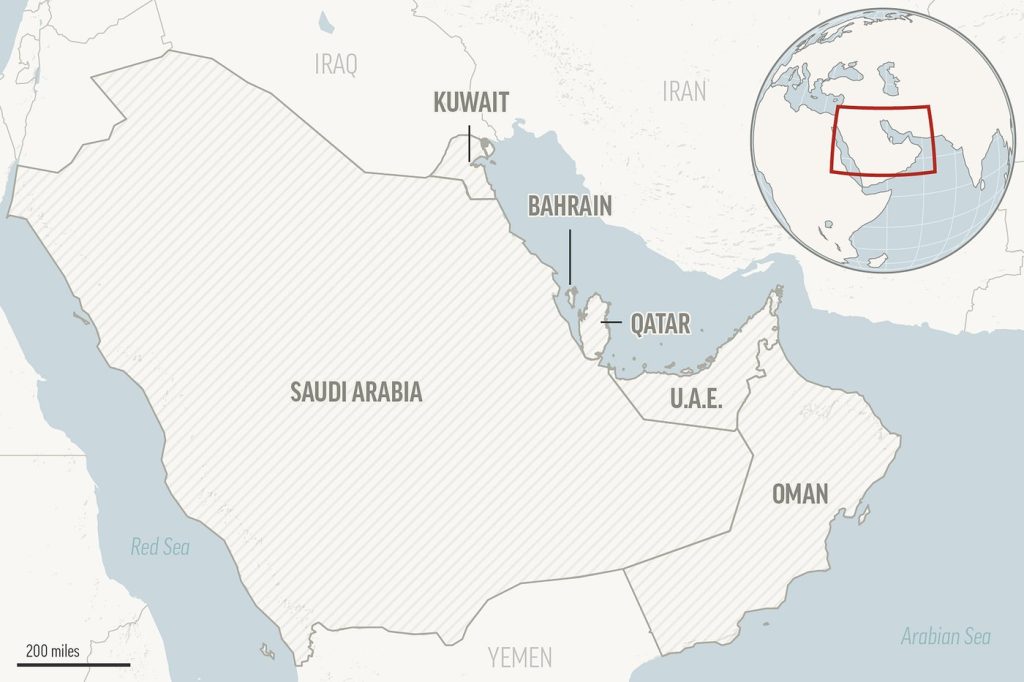DUBAI, United Arab Emirates (AP) – Flights to Kuwait, a small yet oil-rich country in the Gulf region, experienced brief disruptions on Saturday due to unclear circumstances. This incident has raised concerns among travelers as the disruptions came shortly after a period of rainfall affecting the area.
Local Kuwaiti media outlets reported that the disruption was attributed to "technical issues." However, the state-run KUNA news agency and state television did not provide immediate confirmation or details regarding the situation. Flight operations at Kuwait International Airport, the main airport servicing Kuwait City, were notably affected during this time.
Flight-tracking data indicated that several flights were diverted away from Kuwait, while others already on the ground faced delays in takeoff. After a period of confusion, flight operations began to resume around 0800 GMT, allowing aircraft to take off as scheduled. The impact on travelers was significant, with passengers likely waiting for updates and clarification regarding their flights amidst the technical challenges reported.
The Kuwait International Airport serves as a crucial hub for both international and domestic flights, making any disruption in service a matter of considerable importance for travelers and airline operations alike. The heavy rainfall preceding the flight disruptions could have contributed to the reported technical problems, although this connection has yet to be definitively established by authorities.
As the day progressed, reports emerged indicating that flights had largely returned to normal operations by mid-morning. Travelers and airline staff remained hopeful that the brief delays would not lead to further complications, and efforts to ensure air traffic safety continued to be a priority for the airport's management team.
The flight disruptions in Kuwait emerged in the context of broader regional dynamics, as Gulf countries navigate challenges related to weather events and their impact on air travel. Kuwait, with its strategic location and importance in the Gulf Cooperation Council, remains a vital point of connectivity for travelers in and out of the region.
Overall, while the technical issues led to temporary inconvenience for passengers and airlines, swift action appears to have mitigated the impact, allowing operations to resume with minimal long-term disruption. Passengers were advised to stay updated on their flight statuses and check with their airlines for any further information.
The situation at Kuwait International Airport underscores the importance of infrastructure resilience and the capacity of aviation authorities to respond promptly to unforeseen challenges, whether caused by technological failures or environmental conditions. As air travel becomes increasingly interconnected, such incidents serve as a reminder of the complexities involved in managing air traffic and ensuring safety in the skies.










